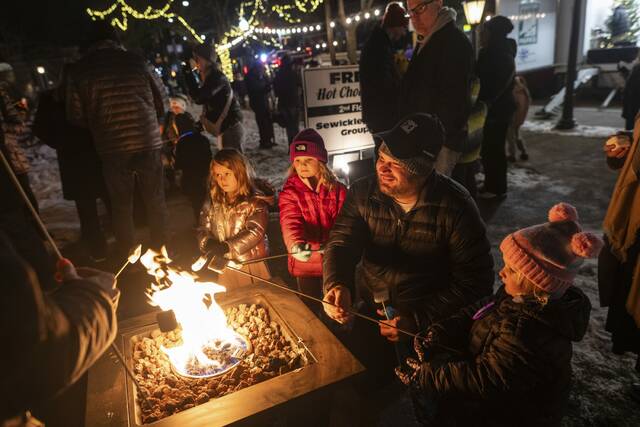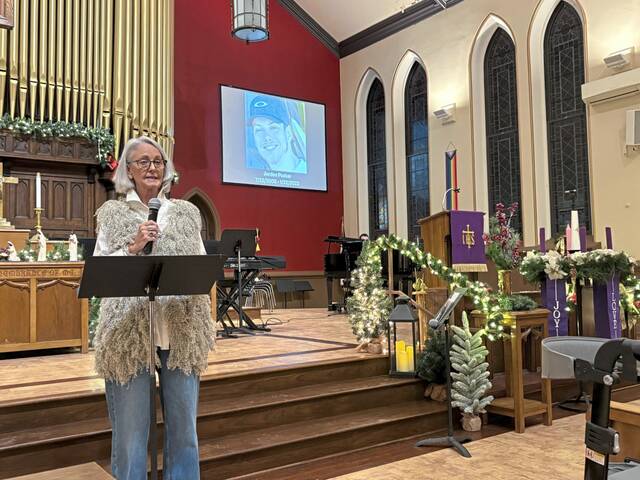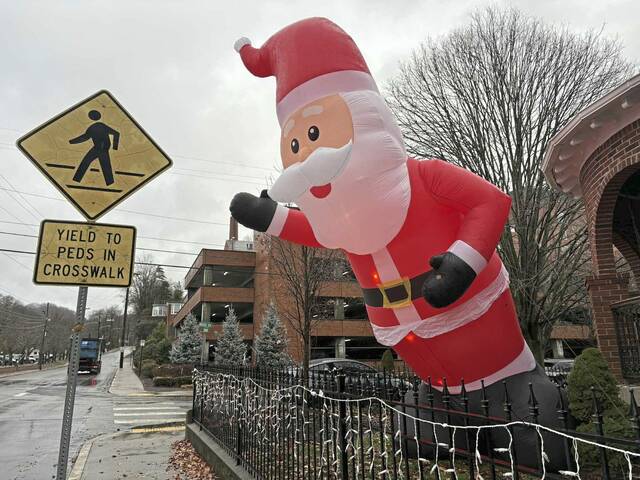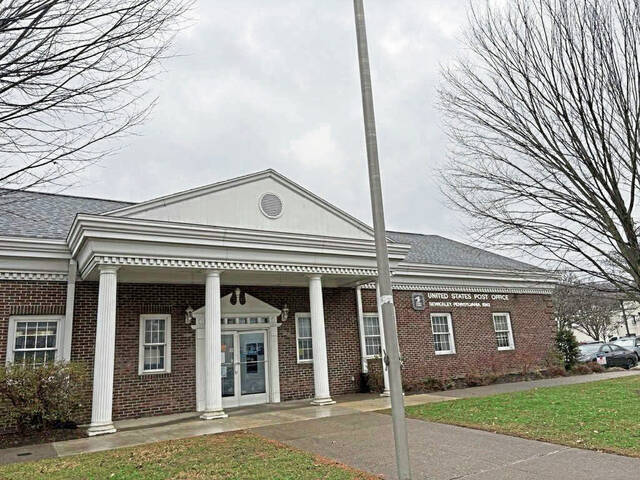Property owners in the Quaker Valley School District should expect to pay more in real estate taxes as part of next school year’s budget.
School board members unanimously approved their proposed 2023-24 spending plan with a 2.9% tax hike.
The increase equates to 0.591 mill. The new millage rate would be 20.6277 mills should it be formally adopted with the final budget on May 23.
Owners of a $200,000 home would pay nearly $10 more per month in property taxes as a result of the increase.
The district could have raised real estate taxes as high as 4.1% under a state formula that limits tax increases called the Act 1 index.
The board in January voted to keep any tax hike within the inflation-based index limitation.
District finance director Scott Antoline said they were looking at a possible 3.4% increase just a few months ago.
However, strong tax collections, combined with some retirements and resignations and lower health care and charter school costs that were previously projected, have lessened the need for such a hike.
Antoline also laid out millage projections with proposed tax hikes of 3.4% or less the next few years to cover rising operational costs and payments for a proposed high school in Leet.
Jeffrey Watters, school director and board treasurer, said it’s important to keep an eye on long-term planning while managing each school year.
“This one-year budget outlook that we moved tonight is really part of a disciplined five-year planning process,” Watters said after an April 18 board meeting. “Mr. Antoline and his team are constantly refining the assumptions that go in to not only the first year of the plan, but the five years.
“There’s a constant dialogue between Mr. Antoline and the building heads, a constant dialogue between Mr. Antoline and the administration.
”The board weighs in with perspectives on where the tough choices can come in line. There’s also a conservative bias. We go into these planning cycles with a little bit of a glass half empty perspective, and then hope that as we get deeper into discussions building by building we can find some favorability.”
Watters also acknowledged no one wants a tax increase, but most of the expenses like salaries are fixed costs, and inflation has made utilities and other things more expensive.
“We’re about continuous improvement, trying to make every tax increased dollar work as hard as possible for the taxpayer,” Watters said. “At this stage of the budgeting cycle, I don’t see a lot of meaningful changes forthcoming. ”
Projected revenues were listed at $58,252,161 and expenses at $58,254,254, creating a $1,853 deficit to be covered by the district’s reserve fund.
Income includes about $38.7 million in real estate taxes, $5.6 million in earned income tax, $892,000 in transfer taxes, $1.275 million in delinquent real estate taxes, $9.36 million in state revenues and $773,800 in federal and other monies.
Expenses include about $38.84 million in salaries and benefits for all district staff, $6.47 million in debt service, $2.324 million for transportation, $1.775 million in fund transfers for capital projects, $1.24 million for technology including new laptops for staff and iPad devices for students, licensing, support and telecommunications services, $1.101 million for central administration/business operations including audit and legal services, insurances, tax collection, publications and financial systems and $743,000 for supplies, services and equipment at the four schools combined.
District budgets are able to be viewed in the finance department tab of the district’s website, qvsd.org.








